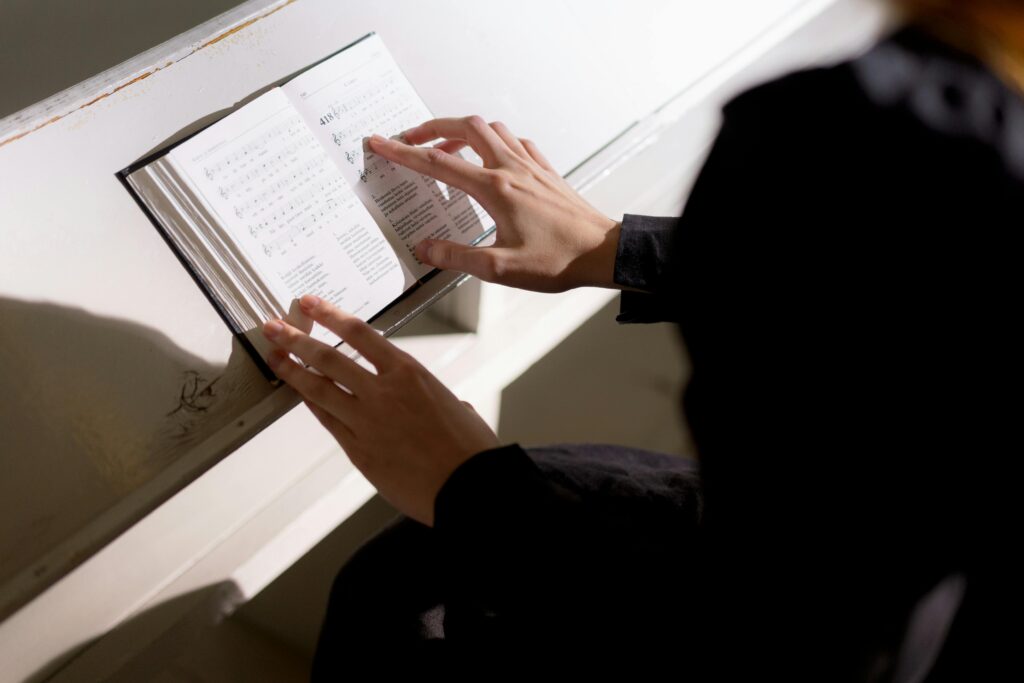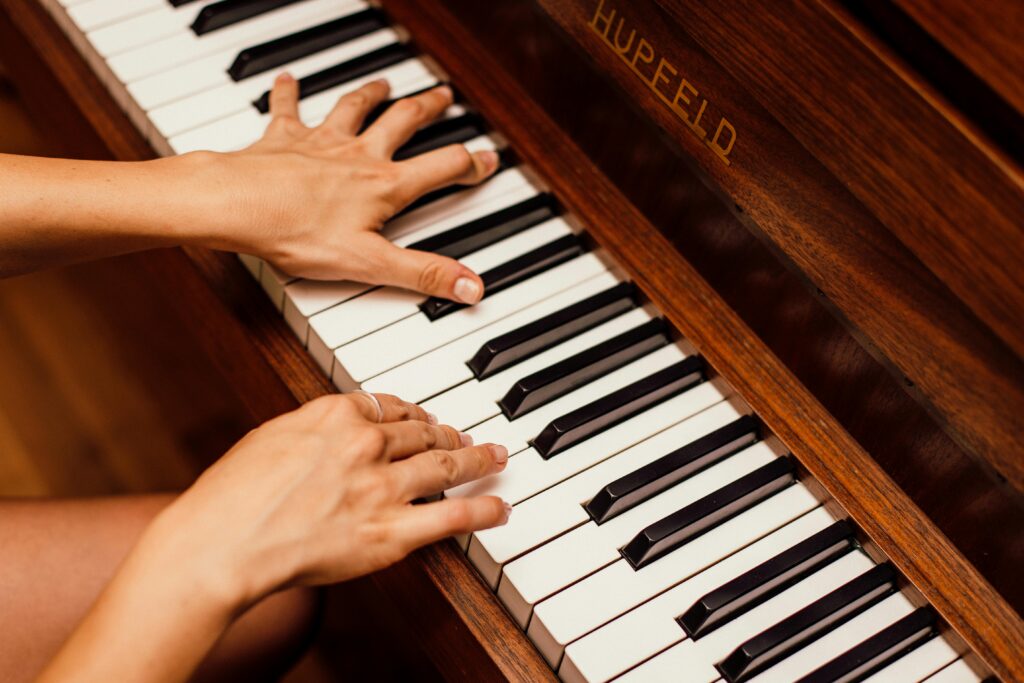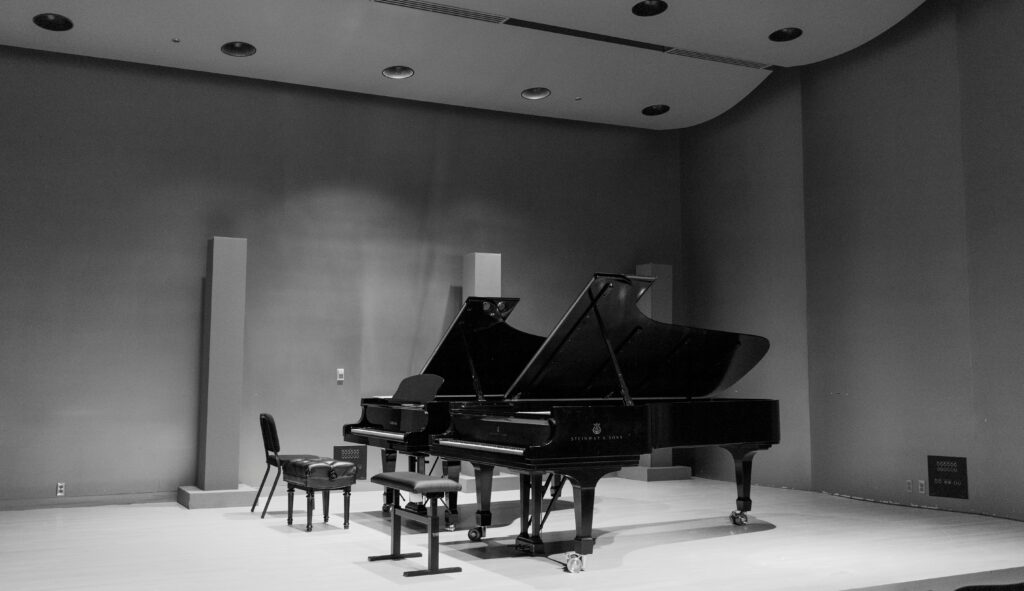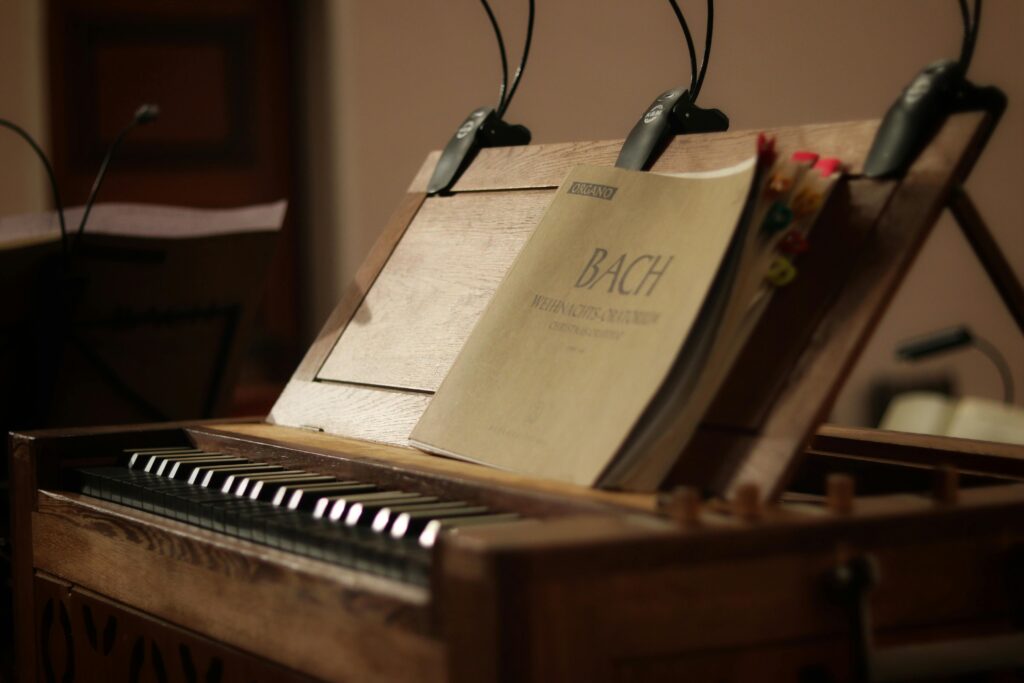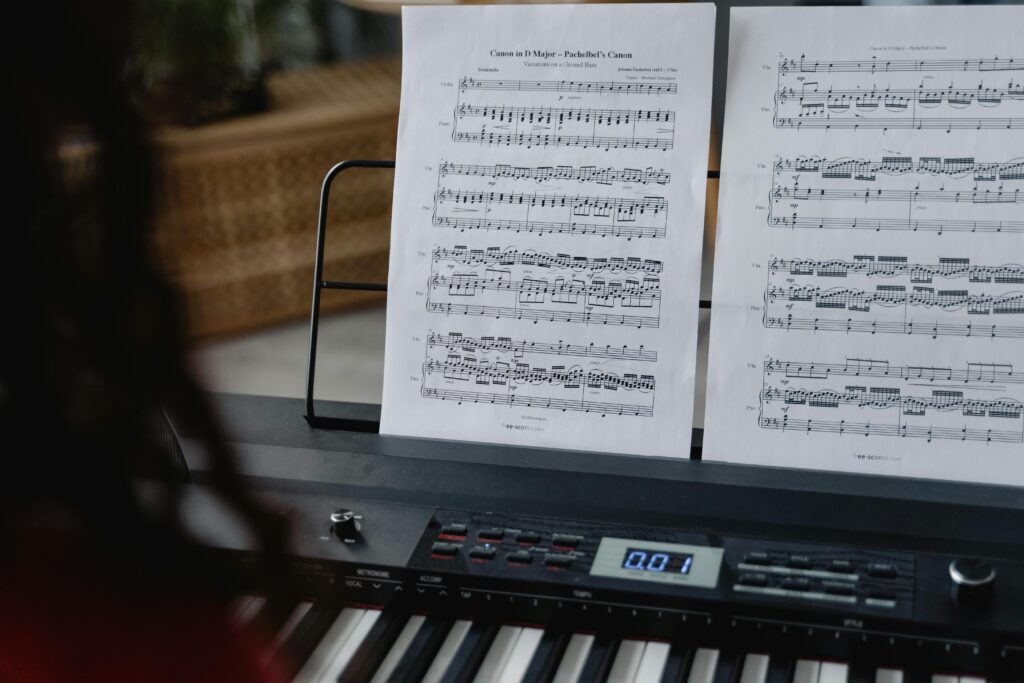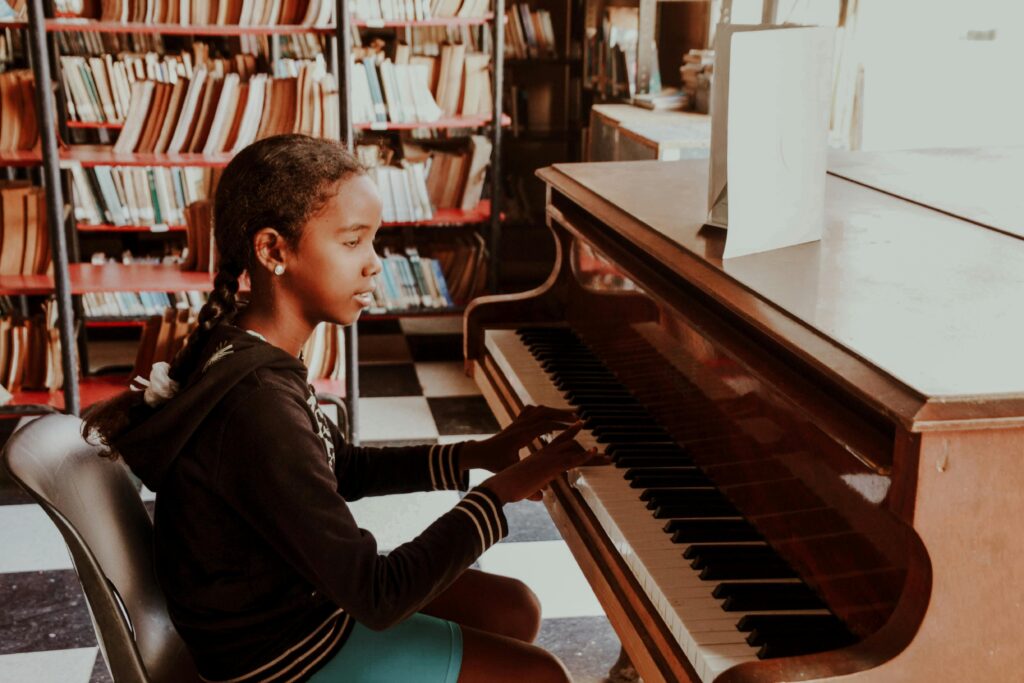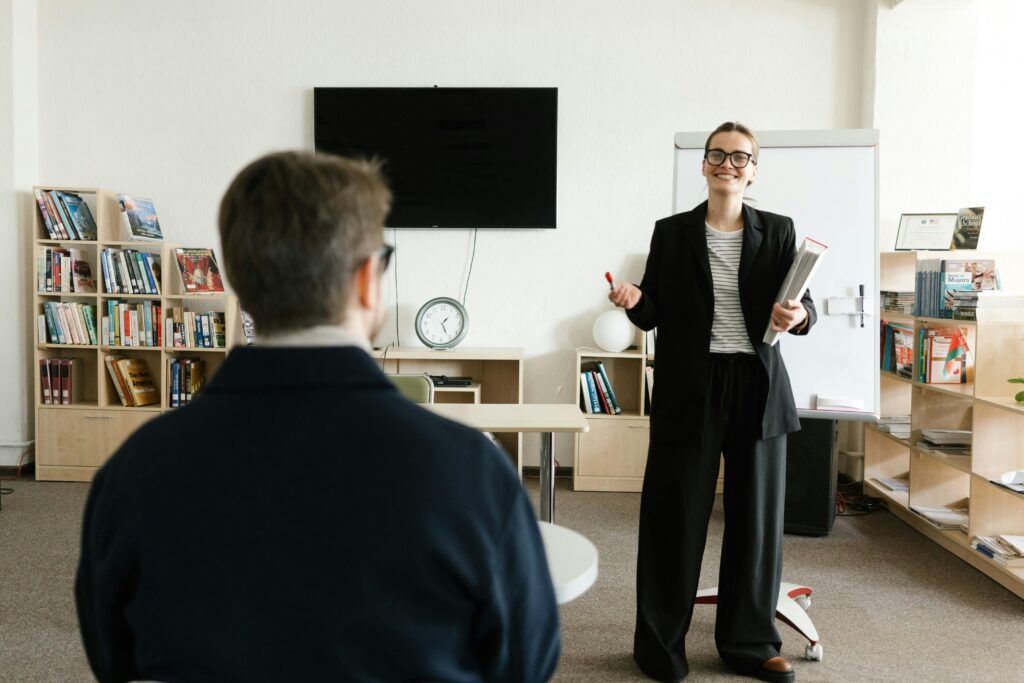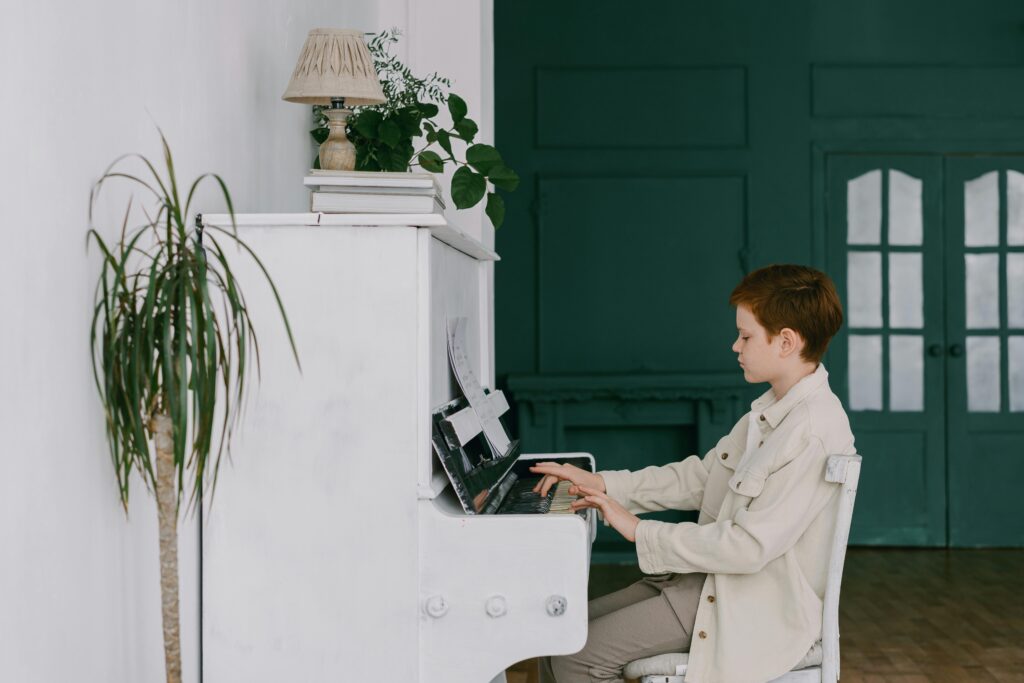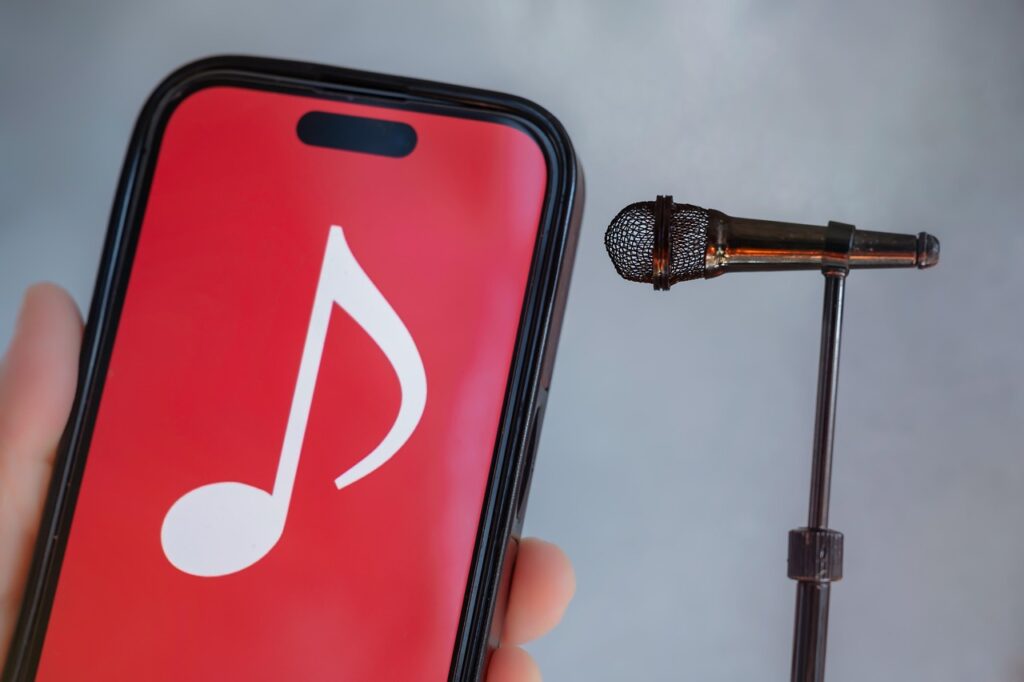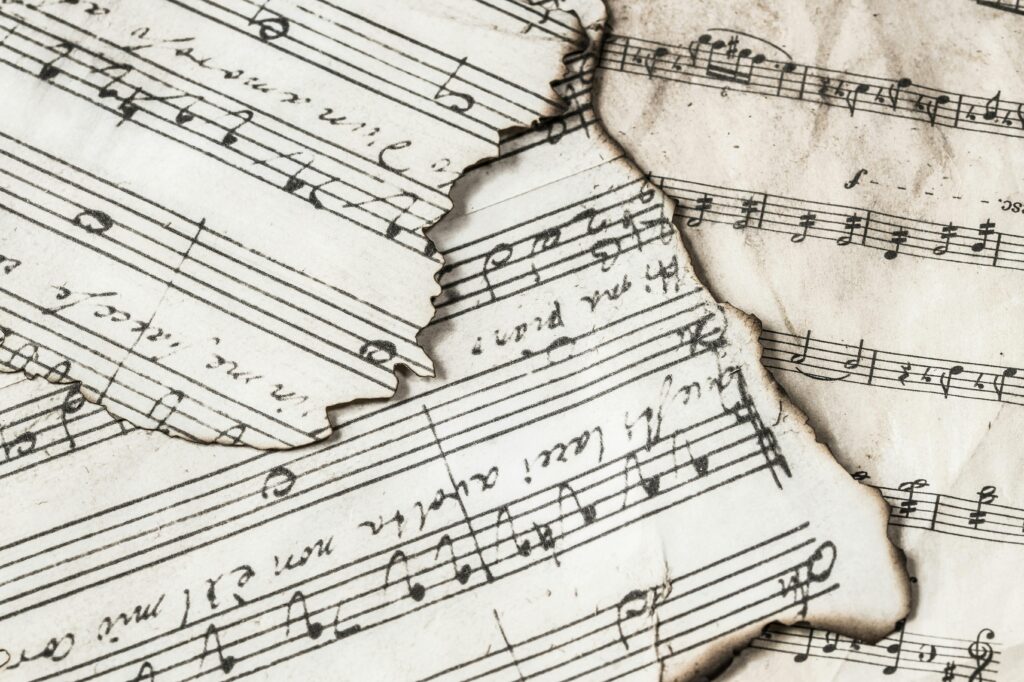Why Reading Notes Is Just as Important as Playing by Ear
One of the most common questions I hear from students and parents is: “Do I really need to learn how to read notes if I can already play by ear?” The short answer is yes—and here’s why. 1. Playing by ear is a gift, but it has limits Being able to sit at the piano […]
